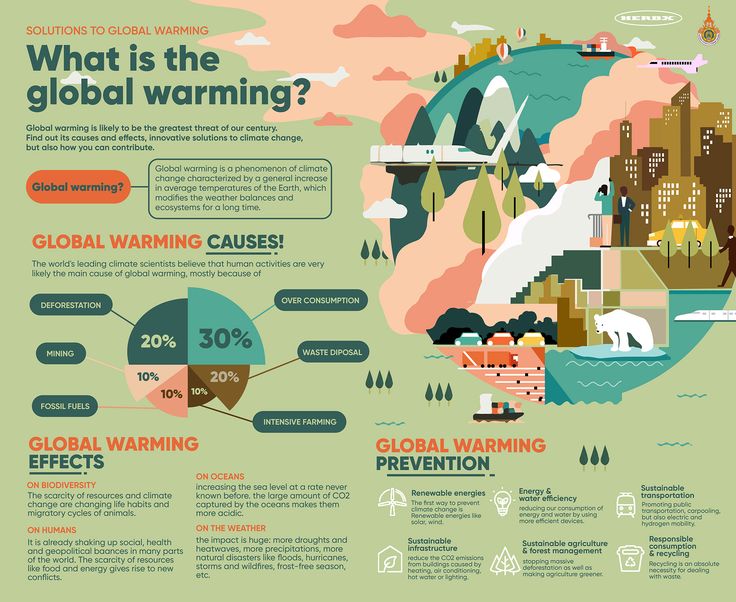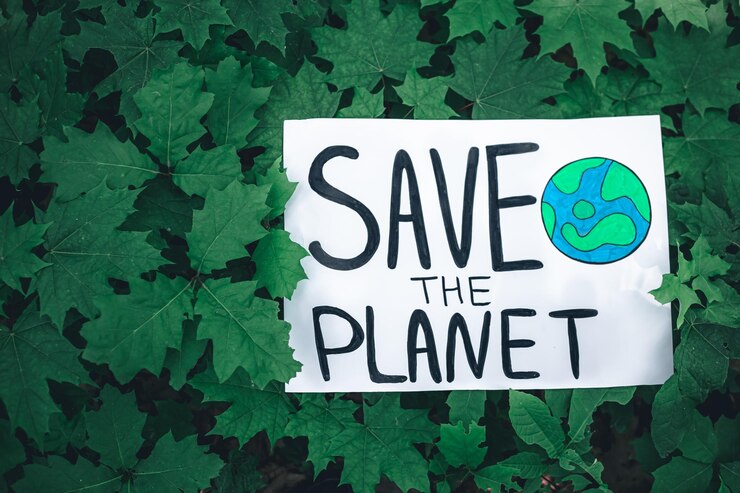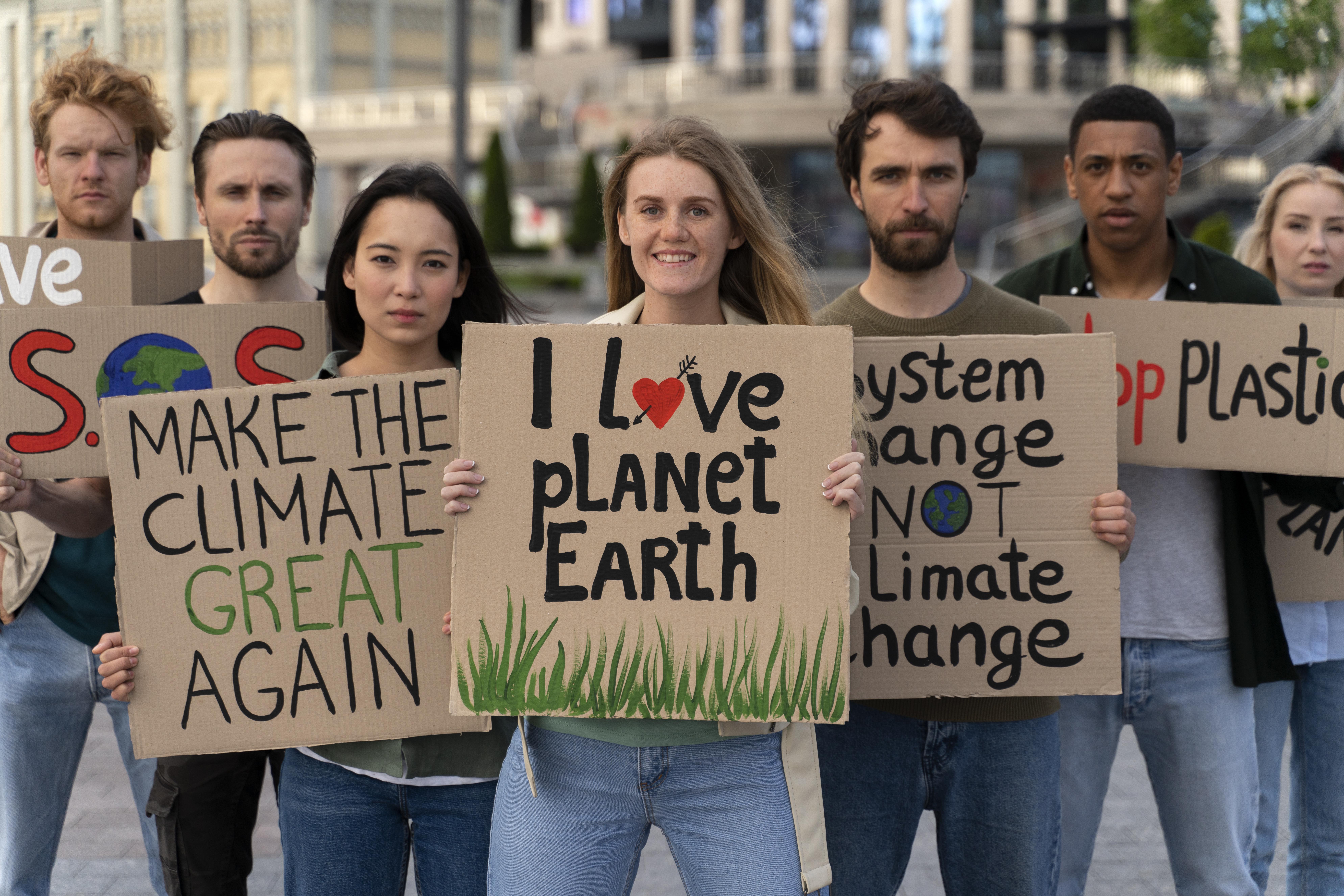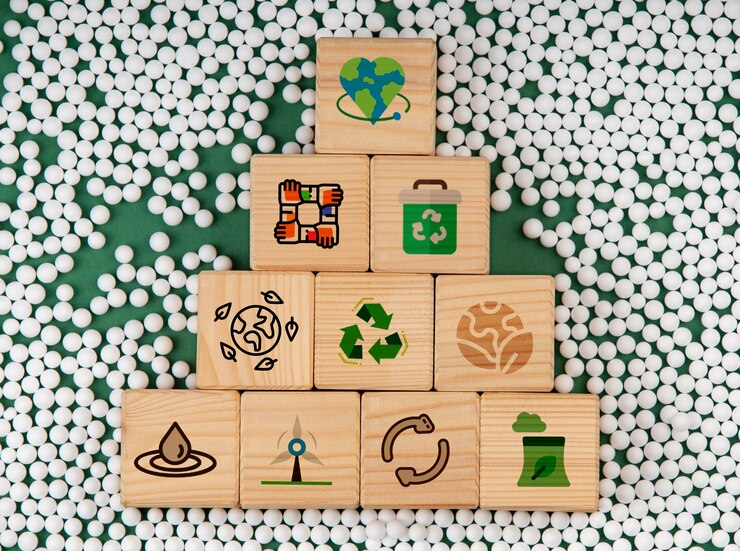
One of the greatest challenges of our time is climate change.
Climate change refers to the rise in average surface temperatures on Earth. An overwhelming scientific consensus maintains that climate change is due primarily to the human use of fossil fuels, which releases carbon dioxide and other greenhouse gases into the air. The gases trap heat within the atmosphere, which can have a range of effects on ecosystems, including rising sea levels, severe weather events, and droughts that render landscapes more susceptible to wildfires. Rising sea levels due to the melting of the polar ice caps (again, caused by climate change) contribute to greater storm damage; warming ocean temperatures are associated with stronger and more frequent storms; additional rainfall, particularly during severe weather events, leads to flooding and other damage; an increase in the incidence and severity of wildfires threatens habitats, homes, and lives; and heat waves contribute to human deaths and other consequences.
Sustainable Development Goal 13 aims to “take urgent action to combat climate change and its impact”. As a community based NGO we intend to participate environmental programs such as land care, tree planting, energy efficient lighting to replace less efficient street lights, beach sanitation etc.
“The fight against global warming is a fight for the survival of our ecosystems and the future of humanity.”
Tips to reducing Climate Change and Global warming:
- Reduce Energy Consumption
- Embrace Renewable Energy
- Use Sustainable Transportation
- Reduce, Reuse, and Recycle
- Reduce Paper Use and Recycle
importance of reducing Climate Change and Global warming
Reducing climate change and global warming is critical for the survival of our planet and the well-being of future generations. Rising global temperatures lead to severe weather patterns, including floods, droughts, and stronger hurricanes, which cause widespread damage to ecosystems, agriculture, and infrastructure. Reducing climate change helps protect biodiversity by preserving habitats for plants and animals, many of which are endangered by environmental shifts. Mitigating global warming also safeguards human health by improving air quality, reducing the spread of diseases, and limiting heat-related illnesses. Additionally, tackling climate change ensures more stable and sustainable resources, such as water and food supplies, and reduces the risks of displacement due to environmental disasters. By taking steps to reduce our carbon emissions and transition to sustainable practices, we create a healthier, more resilient environment and promote economic stability by protecting industries that rely on stable climate conditions.





